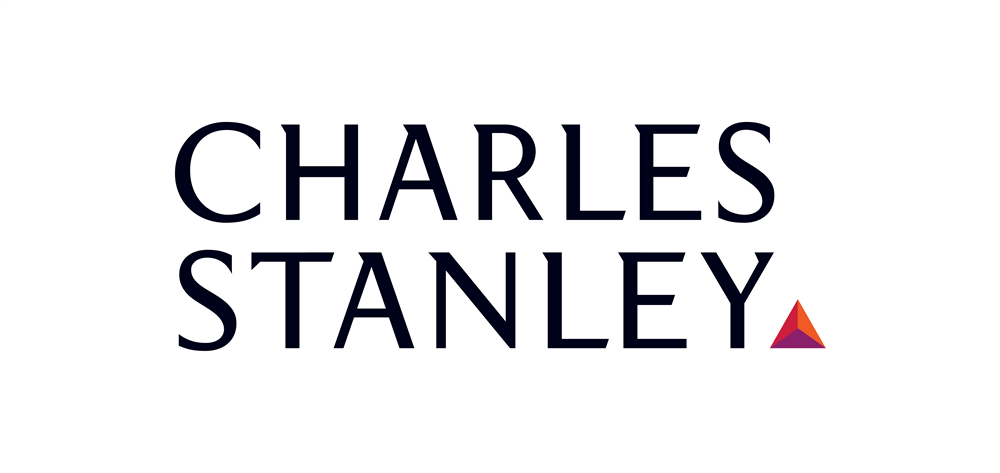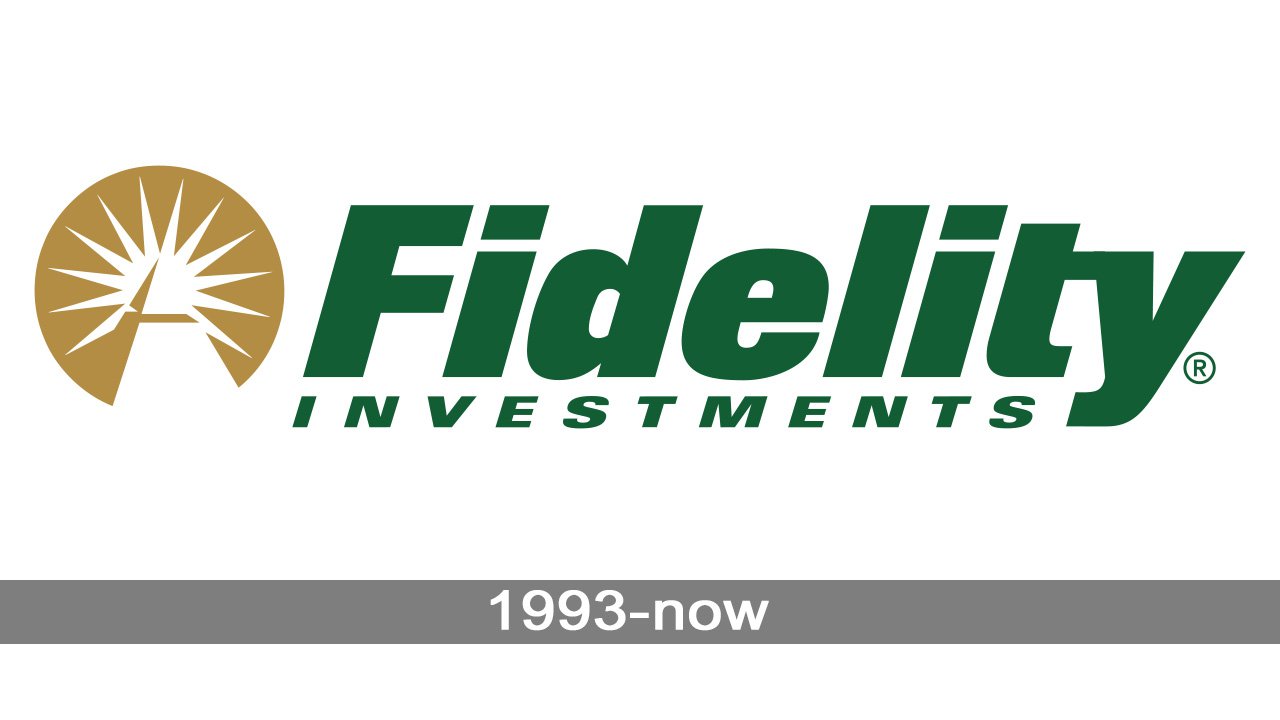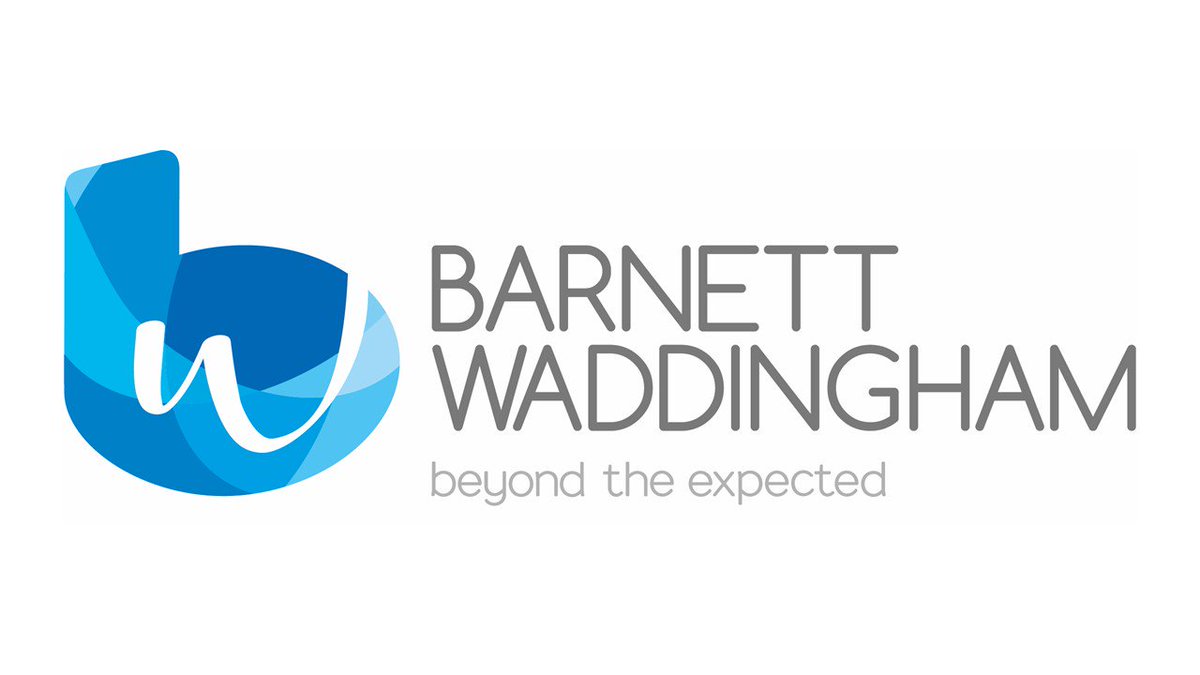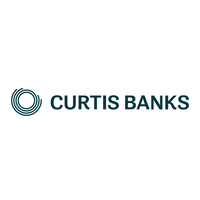Best SIPP Accounts 2021
Saving for retirement is possibly the most important financial goal you will ever strive towards. Over the last few decades, average life expectancy has increased along with the cost of medical care, and the amount of money we need to put away in order our enjoy our golden years. It is, therefore, all the more important to have a nest egg for your retirement.
There are several ways through which you can save for retirement. Most working employees have a workplace pension. There are also SIPPs (self-invested personal pension), workplace SIPPS and ISAs (individual savings account). In this page, we provide you all the details you need to know, from what SIPPS to the fine details of what to look out for before investing in one. We answer the questions – where does a SIPP fit into your retirement planning? What types of SIPP are there and what features can I expect? In addition to providing you a list of some of the most reputable providers in the market for 2020.
-
-
Charles Stanley SIPP- Best for passive investors
Our Rating
- The company has a 200 year track record
- Nine ready made portfolios for you to choose from
- Great for passive investing
Types of SIPPs
We can classify SIPPs as full SIPP or low-cost SIPP. On a fundamental level, both SIPPs are the same. However, they differ on the service levels, availability of financial instruments, and charges. In the following sections we provide an overview of three of the best SIPP providers from the perspective of both low-cost SIPP brokers and full SIPP providers.
Our criteria for selecting our ETF brokers?
- The reputation of the SIPP Provider
- Costs associated with the SIPP
- Interest on unutilized money
- Coverage of instruments
- Flexibility & Service
Top 3 Low-Cost SIPP
As the name suggests, low-cost SIPPs have lower expense structure as their USP. They don’t let you invest in alternative assets like commercial property or unquoted shares. However, generally, low-cost SIPPs let you start with a lower corpus as compared to a full SIPP. Some low-cost SIPP provides you with custom portfolios from which you can choose from based on your investment goals and risk appetite. If you have limited knowledge of financial markets and still want a DIY pension account, low-cost SIPP would come handy.
Charles Stanley SIPP- Best for passive investors
Charles Stanley Group is listed on the FTSE. The group has been around for over two centuries. It keeps your money with four to five different banks which adds another layer of security. It has a strong balance sheet and besides it has taken significant insurance from Lloyd’s of London. It also offers a biometric login.
Charles Stanley Direct SIPP charges an account administration charge of £100. However, the charge is waived if you hold assets over £30,000 across the platform. For shares, its platform charges are 0.35% per annum capped at a minimum of £2 and a maximum of £20 per month. However, even the platform charge is waived if you do only one trade in one chargeable month. Platform charges stand at 0.35% per annum for funds. However, they are reduced gradually if you hold assets more than £250,000 across its platforms. It does not charge any platform fee if your assets exceed £2 million. The online dealing is free for funds and chargeable at £11.50 per trade for shares.
Charles Stanley charges you £125 if you transfer out to any UK registered pension scheme and £250 if you transfer to an overseas pension scheme. There is a £200 charge if you withdraw all your holdings within two years of opening the SIPP account. You can invest in gilts, bonds, investment trusts, and ETFs. You can also invest in shares of UK and overseas listed companies. It, however, does not provide any interest on unutilized cash in your account. Charles Stanley Direct charges a £150 fee if you purchase annuities through a different company. There is a £150 fee for every benefit that you take out from the SIPP account. However, there is no account closure charge even if you close the account within one year of opening. It provides custom portfolios based on your investment goals and risk appetite. Overall, it has nine ready-made portfolios from which you can choose from.
Our Rating
- Company track record of over 200 years
- Low cost for passive investors
- High share dealing charges if you are a active trader
- No cashback for transfer in
Hargreaves Lansdown SIPP- Best for active traders
Hargreaves Lansdown is also FTSE listed and was founded in 1981. It is the largest SIPP provider in the UK. It charges a platform fee of 0.45% for funds if the assets are less than £250,000. The charges gradually reduce and are nil if total funds are more than £2 million. For shares, the platform fee if 0.45% up to a maximum of £200 per year. The share dealing charges are £11.95 if the number of trades is less than nine in the previous month. Dealing charges fall to £8.95 per trade for total trades between 10 and 19. If you traded more than 20 times in the previous month, Hargreaves Lansdown charges you £5.95 per trade.
Hargreaves Lansdown SIPP lets you invest in UK and overseas shares. You can also choose from ETFs, bonds, investment trusts, and over 2,500 funds. It also gives a choice of ready-made portfolios. You can choose the portfolio based on your investment objective and risk appetite. Hargreaves Lansdown does not have any drawdown charges. It is currently providing a cashback between £50-£500 if you transfer your holdings from a different pension provider.
- Share dealing charges reduce if you trade more
- Currently gives a cashback for transfer in
- Higher platform fee for funds less than £250,000
Fidelity SIPP- Good for investments upto £1 million
Fidelity was founded in 1946 and is amongst the most reputed financial companies globally. Its shares are listed on the NYSE. Fidelity charges an annual fee of £45 if your investments are below £7,500. It charges a fee of 0.35% for investments between £7,500 and $250,000. For assets between £250,000 and £1 million, the fee is 0.20%. The maximum service fee is capped at 0.2%. This means that your annual service fee won’t exceed £2,000 irrespective of your fund size. Fidelity charges £10 for every share order placed online. Fidelity SIPP does not pay any interest on the idle cash. At the end of the December quarter, it had placed 88% of client cash with Barclays Bank and 12% with Lloyds bank Plc.
Fidelity allows transfer in from other SIPP accounts. If you transfer above £1,000, Fidelity reimburses exit fees up to a maximum of £500 that your previous pension provider might charge you. Fidelity SIPP does not charge a transfer out fee if you transfer your investments to a different provider. There is a wide range of options available on its platform and you can choose from over 3,000 funds, 280 ETFs, and 180 investment trusts. It lets you trade in the UK, Europe, and the US-listed shares.
- Low cost for investments between £250,000 and £1 million
- Reimburses exit fee with limitations if you transfer in
- High costs for assets below £7,500
Best full SIPP providers
A full SIPP has a wider range of financial instruments. You can invest in shares of an unlisted company as well as commercial properties. That might sound exciting as some of the best companies of current times are unlisted companies. Some SIPPs allow derivatives like futures and options. What’s better, they generally also provide you with advisory services. But then, as the saying goes, there are no free lunches. With higher service levels comes higher costs. Full SIPPs tend to have a higher cost structure as compared to low-cost SIPPs.
Barnett Waddingham Best for Savvy Investors
In a Barnett Waddingham flexible SIPP, you can invest in the UK and overseas commercial properties. You can also invest in derivatives but the liability in those contracts should not exceed the invested amount. However, you cannot invest in shares of unlisted companies. You can also trade in exchange-traded commodities. There is a £100 charge if you open the account online on the advice of a financial advisor. Charges are higher if you open the account in physical form. There is also a £250 annual administration fee. If you opt for investments other than one panel provider, there is an additional £300 annual charge.
There are no charges for cash transfer in but a £200 charge for cash transfer out. There is a £200 charge for setting up the pension in your account. There is also a schedule of charges when you buy a commercial property.
- You can invest in overseas commercial property
- You can trade in derivatives subject to restrictions
- You cannot invest in unquoted shares
- Higher charges for opening account in physical form
Denton SIPP- Best SIPP for non standard assets
Dentons SIPP lets you invest in UK commercial property. Based on comprehensive information from the account holder, you may be permitted to invest in nonstandard assets like unquoted shares of UK-based companies, intellectual property, commercial loans to UK-listed companies, and unregulated collective investment schemes. However, you cannot invest in overseas commercial properties, derivatives, and commodities.
Dentons SIPP charges a £350 fee for setting up the account. The standard administration fee is set at £570 per annum. There is a £500 transaction fee if you invest in nonstandard assets. There is a fee of £50 on cash transfer. The transfer-out fee starts at £250. There is an annual charge of £120 for payment of pension.
- You can invest in intellectual property
- You can make loans to UK-listed companies
- You cannot invest in derivatives
- You cannot invest in overseas commercial properties
Curtis Bank SIPP- Best for Starters
Curtis Bank is listed on the LSE. It offers a full SIPP called Curtis Bank Your Future SIPP. The SIPP allows you to invest in several non-traditional assets like UK commercial property, unlisted shares of UK-based companies, unregulated collective investment schemes, guaranteed income and growth bonds. It also lets you invest in gold in physical and digital form. However, you cannot invest in derivatives like futures and options. The SIPP charges £580 annual fee if you use the full range of investment options. There is a charge for cash and security transfer in and transfer out. There are also different charges for processing annuity purchase and property valuation. If you acquire a commercial property in the SIPP, there are several applicable charges.
- You can invest in unquoted UK shares and commercial property
- You can invest in gold
- Higher charges
- You cannot invest in derivatives
Further considerations for choosing your SIPP Account provider
The reputation of your SIPP provider
- While the money you keep in your SIPP is kept in a separate trust and there you can also claim up to £85,000 under Financial Services Compensation Scheme (FSCS), it’s still advisable to look at the SIPP provider’s reputation and track record. Remember, you would be putting in a big chunk of money for a considerable period so it’s always better to be doubly sure of the SIPP provider’s financial health and reputation.
Costs
- Costs are a key aspect that you should watch out in a SIPP. There can be multiple types of costs associated with a SIPP and you get charged in a typical cradle to grave fashion. Some SIPPs charge you when you transfer your SIPP from another provider. Similarly, your SIPP might charge you when you transfer out your holdings to a different pension provider. There is also a drawdown charge once you intend to take out money from the SIPP. In between the entry and exit also, there are several charges.
SIPPs charge you an administration fee. The fee can either be flat or as a percentage of your investments. However, some SIPPs don’t charge administration fees. SIPPs also have an annual custodian charge or platform fee. Here again, it can be a flat fee or a percentage of your holdings. Along with these charges you pay dealing charges when you buy or sell securities. Some SIPPs don’t charge if you invest in funds. Some SIPPs levy a higher charge if you use offline methods to place your order.
Apart from these, there are pension drawdown fees which are payable every time you withdraw a pension from your SIPP account. There are some special fees as well like on payment of death benefits or pension sharing in a divorce. If you invest in a commercial property, there are multiple charges.
Interest on unutilized money
- At times you might keep a higher amount as cash in your SIPP account. SIPP providers have different policies when it comes to unutilized money in your account. Remember, higher interest on unutilized funds is always better for the investor.
Coverage of instruments
- If you are a savvy investor and want your money to be invested in non-traditional asset classes like commercial property or unlisted shares, you should check what all financial instruments your SIPP account would provide.
Flexibility and service levels
- Since a SIPP account is a long-term commitment, it’s important to look at the service levels associated with your accounts. Also, watch out for flexibility to shift your account to a different SIPP provider if the need arises in future.
What Can You Do With a SIPP?
SIPP helps you build a nest egg for your retirement. Even if you have a workplace pension, a SIPP would help you build a bigger corpus for your retirement. Unlike traditional pension plans where you have limited investment choices, a SIPP lets you invest in a variety of assets. You can invest in equity, debt, alternate assets, or can even hold cash in your SIPP account. You can put your money into pooled investment vehicles like investment trusts or unit trusts. You can also opt for a plain vanilla ETF. Notably, ETFs tend to have low-cost structure and deliver the returns of the underlying asset minus costs and tracking error. In developed markets especially, ETFs are a good option for investors as many actively managed funds fail to beat market despite charging higher fees.
If you are a savvy investor, you can also invest in shares. SIPPs allow you to invest in FTSE-listed as well as global shares. However, investing in overseas shares typically entails higher dealing charges. You can also invest in commercial property through your SIPP account. If you are a risk-averse investor and prefer stable returns, you can also opt for gilt and corporate bonds. If you have limited investment knowledge and don’t want to devote too much time to your investments, you can also choose from the custom portfolios that most SIPPs offer. There is also an option to hold cash in your SIPP account but given the current low interest environment, most SIPPs are not currently paying any interest on unutilized cash.
How Much Can be Paid into a SIPP Each Year?
One can make a contribution of up to 100% of his annual earnings into the SIPP account. However, the maximum contribution is capped at £40,000 in a year. Remember this includes your contribution as well as the tax rebate from the government. If you don’t have any income in the UK, you can invest up to £3,600 per year that includes £720 through the tax relief.
What Tax do SIPPs incur?
The returns that you realize in the SIPP account are not taxable unless you withdraw money from the account. Any income that you withdraw from the SIPP account is taxed at standard rates. If withdrawals are made during employment, it would not only add to your taxable income but you might also have to pay back some of the tax credits. Once you turn 55, or the retirement age, you can withdraw 25% as a lump sum from your SIPP account. These proceeds won’t attract any tax. From the remaining 75%, you can purchase annuities that give guaranteed income. However, the income from the annuities would be taxable. If you withdraw all your funds in one go, 75% of the amount would attract standard tax.
The Bottom Line
SIPPs are a tax-efficient way to plan for your retirement. The importance of retirement savings cannot be overemphasized especially if you don’t have other assets to fall back on as you grow old. SIPPs offer a variety of instruments and have something to offer to all kinds of investors. You can choose either a low-cost SIPP or a full SIPP. It’s an individual decision but you should opt for a full SIPP if you are a savvy investor and intend to invest in complex instruments. If you intend to invest in only standard assets like shares, ETFs, and bonds, its advisable to go for a low-cost SIPP as their cost structure is much lower than full SIPPs. The costs structure for nonstandard assets like unquoted shares, overseas shares, and commercial property is much higher as compared to standard assets like funds and ETFs.
Charles Stanley SIPP- Best for passive investors
Our Rating
- The company has a 200 year track record
- Nine ready made portfolios for you to choose from
- Great for passive investing
FAQ’s
Should I invest in shares or managed funds in a SIPP
Investing in shares can be riskier as compared to investing in ETFs and other managed funds. However, if you have the time and skills to manage your investments, you can also add shares in your SIPP account.
What is better – A flat fee or a variable fee?
Some SIPPs charge a flat fee while others have a variable fee that’s set as a percentage of your investment. Typically, flat fees turn out to be better if you have a higher corpus while a variable fee is preferred when your investible corpus is low. It’s advisable to do a simple scenario analysis between different SIPP providers to see which one works better at your investment threshold.
Is my SIPP safe
SIPP providers hold money in separate trusts. Theoretically, this would mean that your money is safe with your SIPP provider. Furthermore, under the Financial Services Compensation Scheme (FSCS), investors can claim up to £85,000. Remember, the investment risk is borne by the SIPP holder. This means if the value of securities that you hold in your SIPP account falls, no agency would make good the loss.
When should I start saving for my retirement?
One should ideally start saving for retirement as soon as the first paycheck. Remember, the early you start, the higher the corpus you would have. Not only would your contributed capital be higher but also your money would compound for a higher number of years. Warren Buffett, arguably the best investor of all times, began investing at the age of 11, and regrets getting late!
What is compounding
According to a Chinese proverb, “The best time to plant a tree was 20 years ago. The second-best time is now.” In investments, the proverb would fit into compounding. Albert Einstein termed compounding “eighth wonder of the world.” In simple terms, returns for the current period get added to your principal in the next period. So, in the next period, you’ll earn returns on not only your capital but also the returns of the previous period.
UK Saving Products A-Z
Adam Green
Adam Green
Adam Green is an experienced writer and fintech enthusiast. He he worked with LearnBonds.com since 2019 and covers a range of areas including: personal finance, savings, bonds and taxes.View all posts by Adam GreenLatest News
Halifax Share Dealing Review
If you’re looking for a low-cost share dealing platform that makes it super easy to buy and sell stocks, ETFs, and funds, it might be worth considering Halifax. You don’t need to have a current account with the provider, and getting started takes just minutes. In this article, we review the ins and outs of...
UK Banks Approved Nearly 1 Million Mortgages in 2019, 7.4% More than a Year Ago
The United Kingdom’s high street banks approved close to a million mortgages in 2019. Data gathered by LearnBonds.com indicates that 982,286 mortgages were approved in 2019, an increase of 7.4% from 2018’s 909,597. The mortgage approval entails loans for home purchase, remortgaging and other loans. Compared to 2018, the number of mortgages approved for home...
WARNING: The content on this site should not be considered investment advice and we are not authorised to provide investment advice. Nothing on this website is an endorsement or recommendation of a particular trading strategy or investment decision. The information on this website is general in nature, so you must consider the information in light of your objectives, financial situation and needs. Investing is speculative. When investing your capital is at risk. This site is not intended for use in jurisdictions in which the trading or investments described are prohibited and should only be used by such persons and in such ways as are legally permitted. Your investment may not qualify for investor protection in your country or state of residence, so please conduct your own due diligence or obtain advice where necessary. Crypto promotions on this site do not comply with the UK Financial Promotions Regime and is not intended for UK consumers. This website is free for you to use but we may receive a commission from the companies we feature on this site.
Copyright © 2022 | Learnbonds.com
We use cookies to ensure that we give you the best experience on our website. If you continue to use this site we will assume that you are happy with it.OkScroll Up









